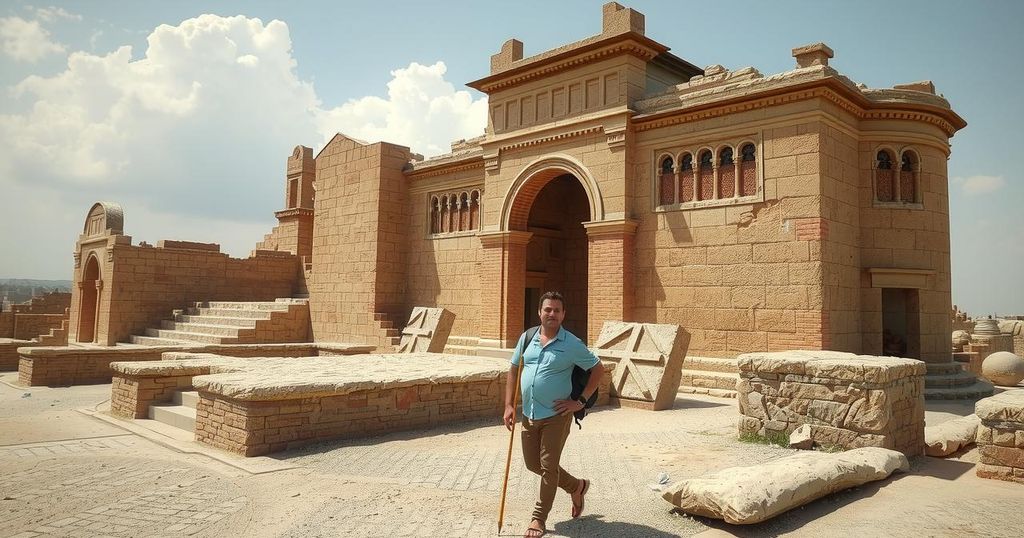Urgent Call for Action to Investigate Mass Grave in Damascus
Human Rights Watch has identified a mass grave in Damascus’s Tadamon neighborhood, reportedly linked to extrajudicial killings by the Syrian government. The organization emphasizes the need for urgent protective measures to secure evidence of international crimes. Eyewitness accounts reinforce claims of systemic violence against civilians, underpinning the call for investigations and accountability in the aftermath of the Syrian conflict.
Recent investigations by Human Rights Watch (HRW) have uncovered a mass grave in the Tadamon neighborhood of Damascus, which potentially serves as a site of numerous extrajudicial killings carried out by government forces. During visits to the site in December 2024, HRW researchers discovered various human remains, affirming the location’s significance as a crime scene linked to a massacre that occurred in April 2013. They strongly urged transitional authorities in Syria to protect and investigate this site to prevent loss of critical evidence concerning serious international crimes.
HRW’s findings highlight the urgent need for accountability regarding atrocities committed during the Syrian conflict. The organization revealed that the grave was geolocated based on a leaked video showing Syrian government forces executing victims, emphasizing that without prompt protective actions, vital information may remain unrecovered. The residents’ testimonies about frequent executions in the area paint a grim picture of systemic violence against civilians, exacerbated by the state’s efforts to suppress information about these crimes.
The Syrian authorities are called upon not only to secure such sites but also to recognize their obligation to ensure justice for the families of victims. The chilling accounts include details of forced burials by paramilitary forces, which reflect a broader policy of terror aimed at opposition-held regions. Furthermore, evidence suggests that the magnitude of killings in Tadamon exceeded previous estimates, with HRW hypothesizing that many individuals remain unaccounted for. By collaborating with independent organizations, including the International Committee of the Red Cross, transitional authorities have the opportunity to provide answers to distressed families and contribute to the restoration of justice.
The issue of mass graves in Syria stems from a prolonged conflict that has seen extensive human rights abuses, particularly against civilians. Notably, extrajudicial executions carried out by state forces have been systematically documented as part of broader state-sponsored violence aimed at quelling insurgency. Sites of mass graves have emerged across the country, carrying significant historical and forensic importance. The call for investigations and preservation of evidence by organizations such as Human Rights Watch seeks to prevent the erasure of these atrocities and facilitate accountability for war crimes committed during the Syrian civil war.
In conclusion, the discovery of a mass grave in Tadamon exemplifies the urgent need for protective action and investigation to secure crucial evidence of war crimes in Syria. Human Rights Watch’s call for immediate intervention by transitional authorities reflects a broader imperative for accountability and justice for victims and their families. Cooperation between various national and international bodies is essential to ensure the thorough documentation of human rights abuses and the fulfillment of legal responsibilities regarding evidence preservation.
Original Source: www.hrw.org




Post Comment